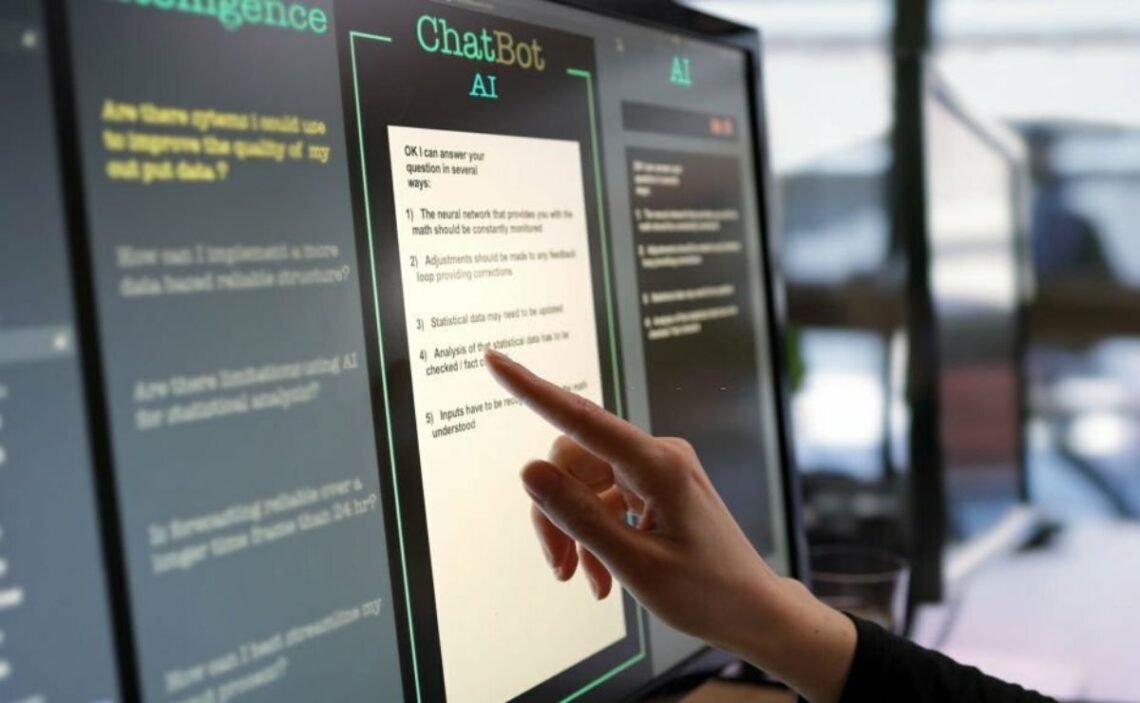We have all known the AI worldwide takeover; it is an impressive tool to ask any question and have an answer in minutes. But have you ever used it to know about a disputed or sensitive topic? Is AI capable of answering controversial questions?
AI has become so powerful that it can build an answer from the ground up for an unexpected and unrelated question. Some people are scared of the intelligence of this software, and who knows what is in store within the next few years?
It is important to recognize that these kinds of questions can get multiple and different answers depending on the AI tool, and most can be believable. So do your research before asking, you might even find your question already answered.
Why is AI so helpful yet terrifying?
Asking an artificial intelligence about a math problem is something easy, but there are questions that while it can create conflict in society, AI can answer it easily. Does this mean that the responses are always correct? Not exactly.
These kinds of questions are open for debate, where people can give their points of view and, in this case, even the AI. For instance:
- Should there be stricter gun control laws?
- Is climate change mainly caused by human activities?
- Are standardized tests an accurate measure of student knowledge and potential?
- Is homeschooling a better option than traditional schooling?
- Should the voting age be lowered or raised?
There are more heavy questions out on the internet, but you can get the idea of how people could use these to understand the situation, or in some cases, believe what the AI says. Although it is not entirely wrong to base your information on AI, it is recommended to do research first.
But what differentiates between the machine and the human is the emotions. AI uses data and logic to answer, one could say they are always using the left hemisphere of a human brain. On the other hand, humans think analytically and creatively, using emotions when needed.
So it depends on the type of question on your mind that you may determine which source is the best to ask for.
Affirmations that AI tends to make
You might encounter at some point that the AI answers like this: “As an AI, I don’t have personal opinions, emotions, or biased answers.” However, after reading the response to your question, you might think the opposite.
In fact, a few months back, a document from U.K.-based researchers details that AI might have some bias to a political question.
According to Gerrit De Vynck, researchers at the University of East Anglia conducted a study where they involved ChatGPT in a survey about political beliefs. They were curious to see how ChatGPT would respond to questions related to liberal parties in the United States, United Kingdom, and Brazil.
Afterward, they asked ChatGPT to answer the same questions without any guidance and compared both sets of responses.
The results clearly showed a noteworthy and consistent political bias towards the Democrats in the U.S., Lula in Brazil, and the Labour Party in the U.K. This bias refers to Luiz Inácio Lula da Silva, the left-leaning former president of Brazil.
Remember that while AI is modeled to provide helpful responses, it can sometimes generate incorrect or biased information. It will continue to improve and evolve with time, but as good as it sounds, it may be an influential and manipulative tool.


